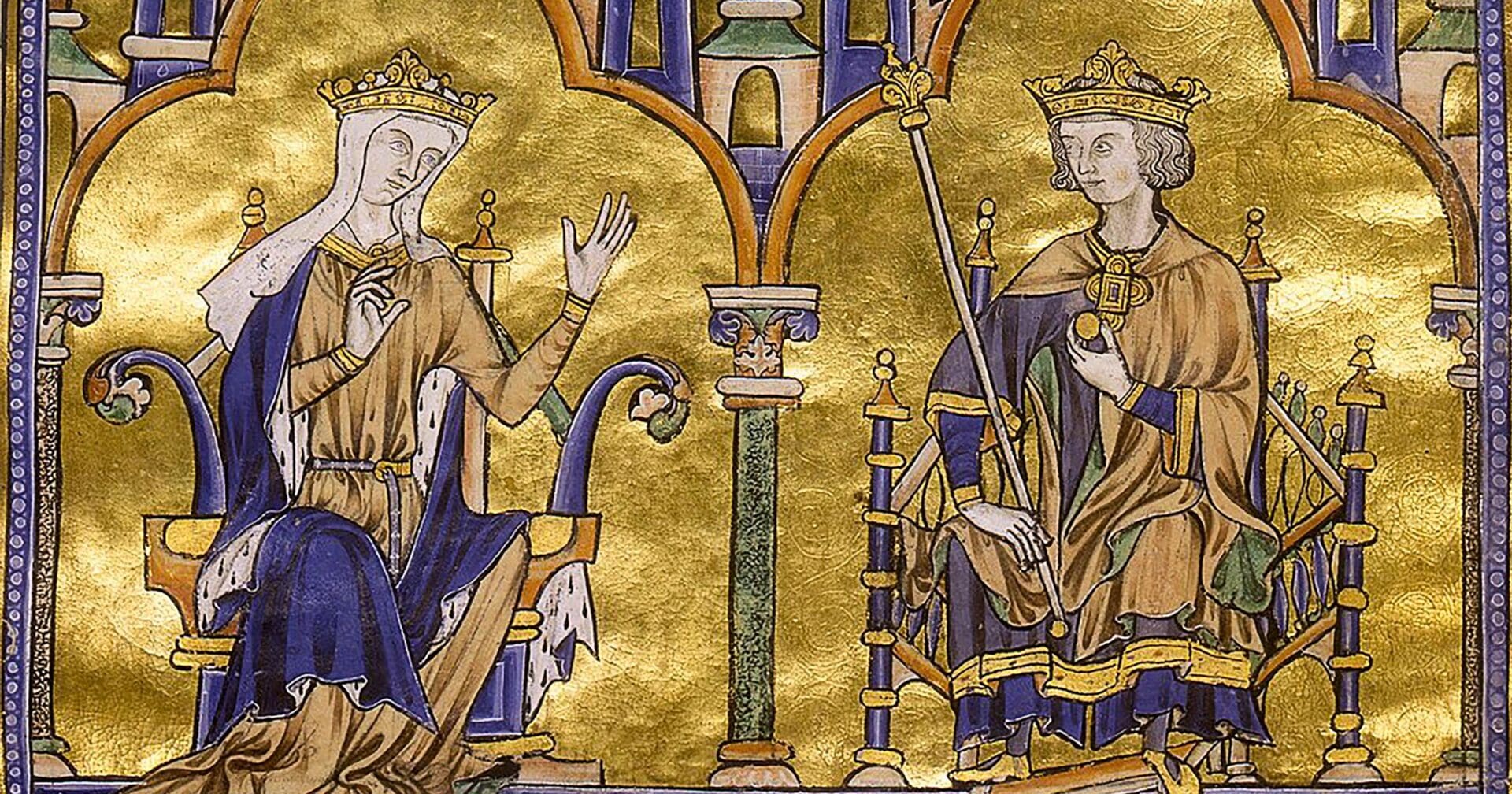
Louis IX of France, also known as Saint Louis, was a model of medieval kingship, uniting in his person the qualities of a just and able ruler, a courageous soldier, and a deeply pious man. Born in 1214, he was groomed for leadership from an early age, influenced significantly by his devout mother, Queen Blanche of Castile.
Louis’ reign was marked by his commitment to justice, piety, and peace. He founded institutions like the Sorbonne, set up charitable institutions, and introduced reforms to ensure justice for his subjects. He was recognized for his deep sense of fairness, often personally hearing cases and grievances, aiming for peaceable settlements instead of violent resolutions.
Beyond domestic achievements, Louis was notably involved in the Crusades, a series of religious wars sanctioned by the Latin Church in the medieval period. These military campaigns aimed to reclaim the Holy Land from Muslim rule. He embarked on two crusades, the first in 1248 targeting Egypt and the second in 1270 targeting Tunis. Both were fraught with challenges. The first ended in his capture and subsequent release, while the second culminated in his death due to illness.
Despite the military setbacks, Louis’ reputation as a pious and just king remained intact. His deep faith was evident in his personal life and governance. For Louis, his commitment to God was paramount, placing spiritual health above physical well-being, a sentiment echoed in his conversations with Joinville, a close companion, and chronicler.
After his death in 1270, Louis’ legacy persisted in the form of institutions he founded, reforms he introduced, and his enduring image as a model Christian king. He was canonized by the Catholic Church in 1297, becoming the only French monarch to be declared a saint.
Photo credit: Public Domain via Wikimedia Commons
The post Saint Louis appeared first on uCatholic.
Daily Reading
Tuesday of the Fourth Week of Advent
Reading I 2 Sm 7:1-5, 8b-12, 14a, 16 When King David was settled in his palace, and the LORD had given him rest from his enemies on every side, he…
Daily Meditation
The Real Meaning of Christmas
Click here for daily readings I have to begin by sharing with you one of my pet peeves: the jingle “Jesus is the reason for the season.” Jesus is not…




